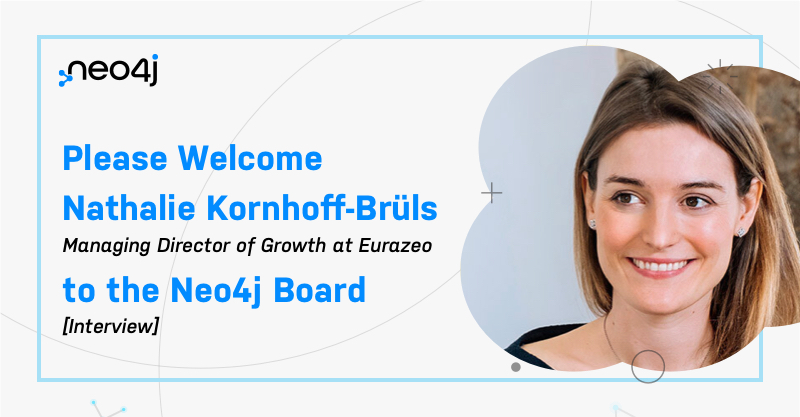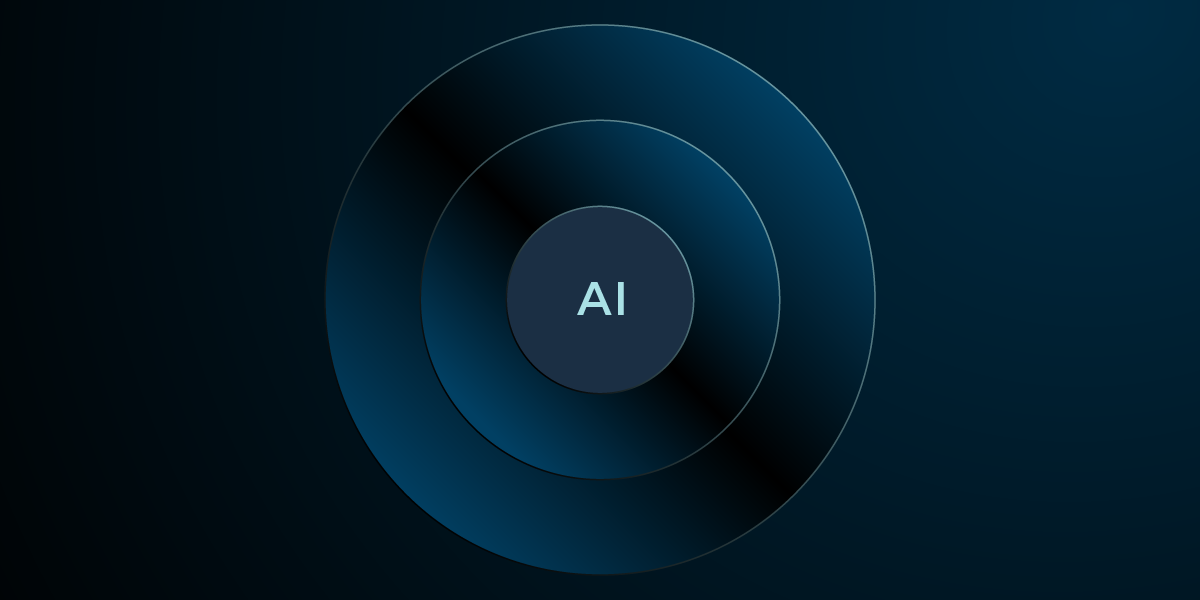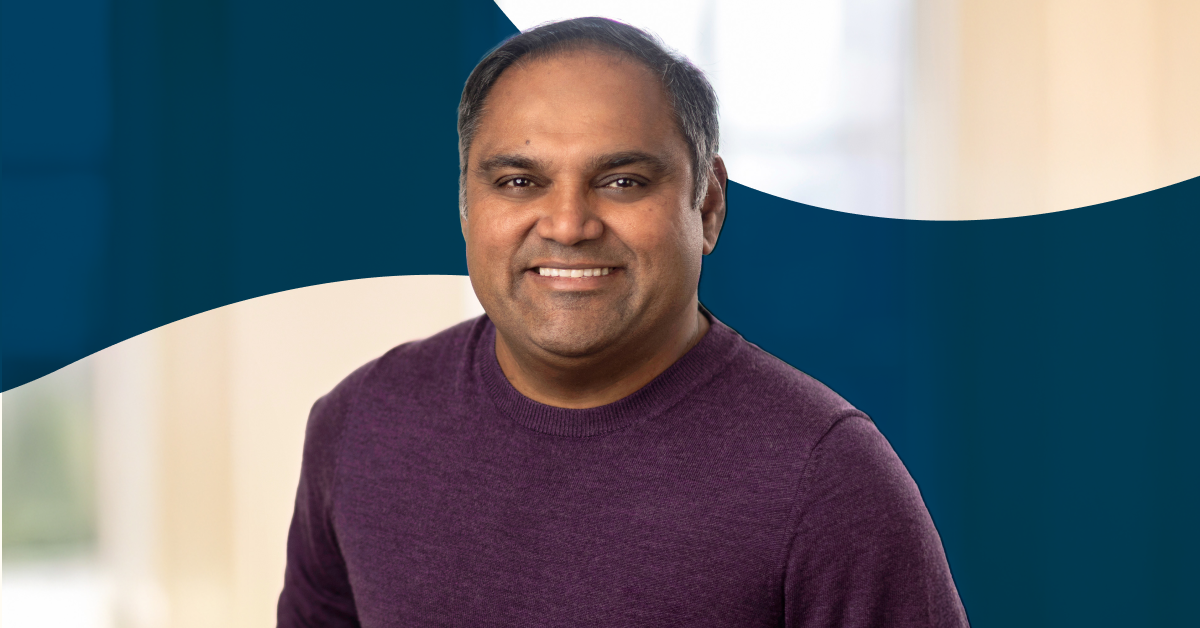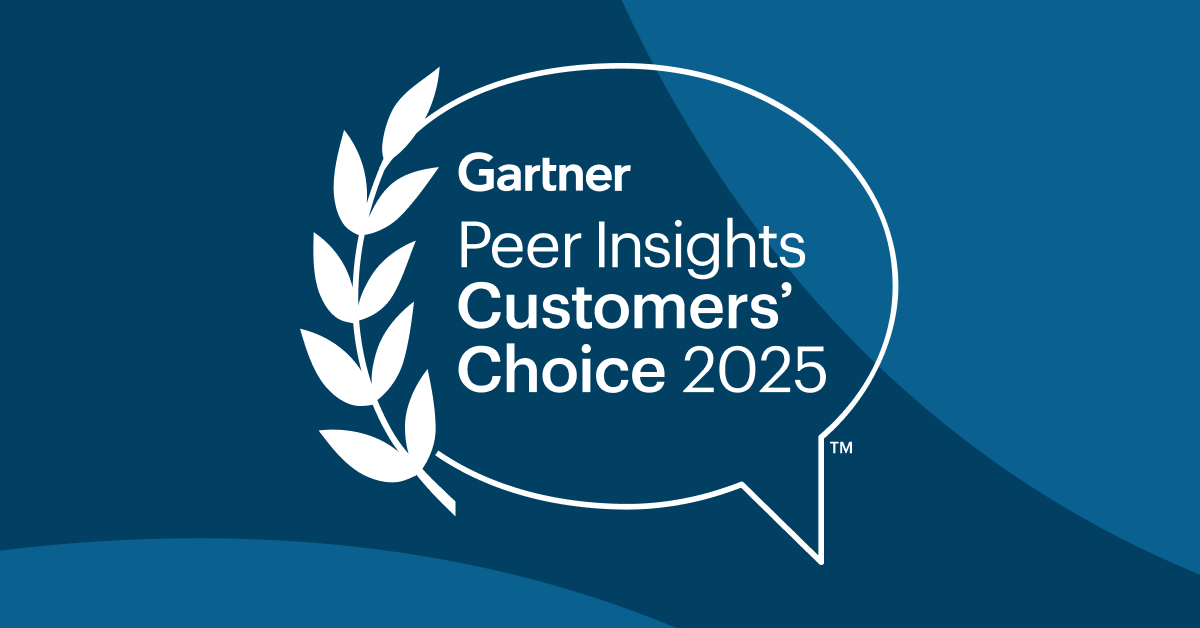Please Welcome Nathalie Kornhoff-Brüls of Eurazeo to the Neo4j Board

Senior Manager, Content, Neo4j
9 min read

We are thrilled to welcome Nathalie Kornhoff-Brüls, Managing Director of Growth at Eurazeo, to the Neo4j Board.
Eurazeo is one of Neo4j’s latest and greatest investors, and our partnership with them signals great things ahead as we expand through Europe and beyond. Nathalie, who is involved in sourcing, analyzing, and carrying out investments in the digital and tech sectors, is based in London and primarily responsible for leading the activities of growth in the UK market.
Nathalie’s previous work experience includes times at KKR, General Atlantic, and J.P. Morgan. Before joining Eurazeo, she founded Mindforce Innovations Ltd, a technology company that develops platform applications for professional coaching. She also became a founding member of Dreamers & Doers, a female-focused collaboration and co-mentorship community.

Tell us about the first time you came across Neo4j and your first impressions.
Nathalie Kornhoff-Brüls: So Neo4j, or more importantly, I would say that the database – and then specifically, the graph database space – has been on our radar for over a year. Yann, who leads our strategy, had the first interaction with Emil.
We also know quite a few of your existing investors, so they’ve been raving about it and really pointing toward graph databases, which is one of the key areas that, as an investor, you look into – in terms of the market opportunity out there.
What really struck a chord with us when we looked deeper into Neo4j, and started to do market work, is just the superiority of the offering. So you’ve got a perfect combination here, whereby you’ve got the market coming together and you have a very strong leader, superior technology, where experts were pointing two/three years ahead of time in terms of the sophistication. And then, super excitingly, is the continued expansion, now in particular going into the graph data science space, where analytics is becoming a very relevant piece to the whole equation.
We see across our board – importantly from the portfolio side, but also when we speak to other companies – the importance again of databases, and more importantly, being able to do more sophisticated analysis. What is more sophisticated is when you can just take raw data and preserve older relationships between your data points, and they can run analysis on top of this. So the solution is a graph database in this case. And it’s this awareness of, again, speaking to a company like ComplyAdvantage who are saying, “Look, we’re building our own knowledge graph knowledge base.” It’s just like this is really becoming a thing in peoples’ heads and they’re looking for solutions. And then you’ve got Neo4j, who apparently had this offering, and a ready-made tested solution that they continue to expand.
And what’s really important for us, whenever we do an investment, is that we don’t just want to be capital, we want to also be a value added partner here. And again, graph databases have a relevance across our portfolio. There’s no geographic boundary, but super excitingly, it’s a really horizontal offering, so there’s no limitation risks in regards to industry. And the use case, which I think is only becoming more broad in terms of applicability, is extremely intuitive to understand and to grasp. It’s a very powerful, sophisticated solution, but at the same time graph is so native, so intuitive to use.
So I think that’s where there was this perfect combination of a market really coming together. Now we see the demand for it. We see the power of what it can do. We’ve got portfolio companies who can give us real feedback on how they think about it, and about Neo4j being a standout company within this space.
Could you share a few thoughts about how Eurazeo can help with market reach in terms of geographical expansion?
Nathalie Kornhoff-Brüls: That’s definitely an exciting one. After all, it is a Swedish business that then relocated to the U.S., but has become heavily entrenched into the enterprise. We’re speaking about Fortune 100 companies in the U.S.
But at the same time, obviously, Europe also has great corporations and companies behind this, and then there is an Asian market, there’s a Latin market. So it feels, again, this company is so early. Importantly, also, the awareness and appreciation for the graph database is still so early that there’s a lot of room to grow and geographically expand. That’s something that is really important to us.
We are one of the oldest investment houses in Europe. We were founded over 130 years ago, so quite a heritage here, and therefore bring hopefully interesting connections within the corporate world. But then, also, we’ve got over 400 companies within our portfolio, by and large European companies. So, just making those introductions to help Neo4j accelerate its expansion, more continuation of what they’re already doing, but then accelerating this within Europe, and then helping them at the same time also to venture into Asia and maybe further down also, Latin America, where we’ve got local presences.
We’ve got three offices that only look after our portfolio companies in Asia. Very important, as you probably know, whenever you expand into Asia is having a network, so it’s not just the direct customer introductions, but also knowing some of the multipliers. And there, we hope, through our network, to make relevant introductions with other cloud marketplace providers like Alibaba Cloud, et cetera.
So, geographic expansion is one of the top elements whenever we make an investment, because there we feel we can offer hands-on support on the ground – understanding the ecosystem, understanding different go-to market strategies, and providing access close to commercial partners – but also to talent, which is a key ingredient of success. So we are quite excited about the geographic expansion over here, because it’s something where we feel we can make a difference.
So, here’s a good one. We heard Eurazeo had a graph epiphany using Neo4j Bloom in an early meeting with Emil. Could you tell us a little bit about that?
Nathalie Kornhoff-Brüls: Well, absolutely. And that’s what I mean with the real beauty of this one – how broadly applicable it is. But also, while it is so powerful, it’s so simple. And so, whenever we do an investment, obviously, we need to make sure that we appreciate the value proposition – we appreciate the product and that’s why we let our portfolio companies try it out.
But in this case, because the market size and the market readiness was such a big question, when looking at this opportunity, we’re like, “Well, can we use it?” And so we had our associates play around. They just gathered information from videos that you could find in the public domain to understand how to go with the visualization element, the Bloom element of Neo4j’s product proposition. And then we’re like, “Well, this is fun and easy to use. Why don’t we actually share our term sheet? After all, there’s also interconnectivity in a graph, in a graphical way,” showing that we were able to use their own product.
I think in B2B software things have changed in terms of who’s ultimately using your product. There is a real scarcity in terms of technical talent, developers, et cetera.
While the success of capturing those developers remains a core component, at the same time, if Neo4j can also serve somebody who’s not a techie – like an investor – that just means that the application spreads much quicker. It can also become much more valuable, because ultimately the business user knows exactly what he or she is looking for.
So, having such an intuitive tool that even we could find a way around without any input from Neo4j really struck a chord with us, because it means that they’ve done something right, and this has huge potential. Now it’s only about executing. Hopefully, with funding and with support, we can help Neo4j.
Well, we are excited to welcome you to the Neo4j board as well, and was wondering what your approach to being on a board of a new portfolio company would be?
Nathalie Kornhoff-Brüls: First of all, I’m not the executor. I’m not the operator, so I know that there’s a lot of expertise out there at the executive level. So, the way we see ourselves as board members is really being a sparring partner. And that means, on the one hand, enabling where I see there are opportunities already touched upon talent, already touched upon international expansions.
So it’s about using our network to give broader access, a different type of access to our executive management. And at the same time, also being a sparring partner more on the strategic end. Still, sometimes it’s helpful to actually discuss with somebody who’s not immersed in the details within your industry, who has the benefit of also seeing related or completely different industries, and drawing some conclusion: pattern recognition learnings that we can share, also with regards to just strategic decisions.
There’s operational questions as you continue to scale; there will be different challenges and different opportunities that materialize. And again, because Eurazeo has been around for quite some time, we’ve got the benefit of having the venture, the growth, the SMB arm, and the large corporation, so we see companies at different stages. And hopefully, we can also help accelerate some learning, prevent some mistakes, but more importantly also continue to push Neo4j to embrace new opportunities and really give some support there.
And for me as a person, it’s about sharing what I see, what I think, coaching where I can, also from a mindset perspective. And then more importantly, giving access to the Eurazeo network and our broad oversea community outside of the Eurazeo Group.
I think you are the second female on the Neo4j board. We’re super excited about that. Do you have any advice for other women who would like to join company boards or just looking to get a seat amongst the boys club?
Nathalie Kornhoff-Brüls: Well, it’s all about daring, number one – not thinking that there could be any limitations. We all go through the same schools and I think we all have the same smarts, and sometimes it’s about the confidence of just daring and not making it a topic at all. It’s just normal. I’m me. I’m not female in the first instance. I’m a person, and then I would say, as with everything, it’s actually about showing excitement and understanding opportunities to bring value there.
I would say the same with the cultural element. We all have our own strengths and we all have something to give. I would say the female, probably, can be a sparring partner in a slightly different way. I mentioned coaching is one element where I would love to be supportive as well. This relationship angle, as a female, you can very much also play because it might come a bit more natural for us, so use this as an advantage.
But ultimately, really don’t make it at all a gender decision. It’s about showing that you share the passion, you share the vision, communicate this clearly. At the same time, do leverage some strengths that are more natural, I would say – to a female investor, in my case – to bring to the table. But it’s daring. Just go; go out for it. The beauty is we stand out a bit more because there are less of us. I do hope very much from the bottom of my heart that we will get to a 50/50, more or less, representation, but it means that we just have to grab the opportunities.
The key to success, in my view – albeit gender neutral this advice should be – is to find something that you are passionate about. Constraints often exist first and foremost in our mind. It doesn’t mean that we don’t have to work hard, or even harder. Yet finding something that you care about and enjoy will allow you to continuously push boundaries.
Nice. Thank you. Anything else that you want to share that we haven’t touched upon in this conversation?
Nathalie Kornhoff-Brüls: For us, I would say it’s because you welcomed me to the board… and this is an incredibly exciting opportunity, because not only are we backing a leader in a category, and obviously a top-notch technology provider, and such great impressive momentum on the financial side and amazing people…
I think Emil stands out. He’s a very unique founder, but it’s actually the ability of backing somebody who’s creating a category on its own. It’s not about disrupting something, but it’s having had the guts to just think completely different and come up with his own solution, sticking through it, after 10 years of educating the market and pounding the table, ensuring that this is here to stay.
This is so much more to give than we dare to dream, I think, today that’s just incredibly inspirational. And so, we feel really lucky to be able to partner with Emil and the team on this journey. Having somebody who’s created his own category, which is just so deep, is a real honor.








